I’ve been called a lot of things in my years. A few of them are not exactly grounds for bragging, but some of the things I’ve been called lately—mostly on Twitter—are gratifying.
I can rattle off what readers have said about me or things I’ve written, but it might sound a bit egotistical.
No wait. This is kind of an article about my ego. And yours. And everyone’s.
A lot of people share my content.
I write articles for this blog and many others. Also, I create presentations, podcasts, videos, infographics, eBooks, and more. Sometimes I wish they would have found a larger audience. Sometimes they go viral.
Of course, I pay attention to the buzz my stuff does or doesn’t generate. So if you tweet it, give it a plus one, a like, a repin, bookmark or yaddidda-yaddidda, I’m likely to see it. If you do so often, I’m likely to notice you. And if do it with a massive amount of flair or sincerity, I’ll remember you.
For example, “12 Brutally Honest Answers to Your Content Marketing Questions,” an article I wrote for Social Media Today, invoked a truly memorable tweet.
As bizarre as it may sound, I like when a reader wants to French kiss my work. I feel sincerely appreciated.
You are important to me.
Read the sentence above again. Let it wash over you for a few seconds. I’ll wait.
Tell me, it felt pretty good, didn’t it? You can express this sentiment in different ways, but when you say it sincerely, it ranks right up there with “I love you.”
Chapter 6, section two, “Six Ways to Make People Like You,” from the bible: “How to Win Friends and Influence People,” by Dale Carnegie…
Make the other person feel important—and do it sincerely.
In the influence and persuasion biz, I don’t think it’s possible to hand out a better nugget of wisdom. You don’t have to be a writer to live for that kind of love. I’m not even sure you have to be human. Ants want to feel important too.
Enter “social recognition”
A Google search for an exact match (“keywords placed in quotes”) generates just 359,000 hits, just a droplet by today’s standards. The term appears to resonate with the HR crowd where a new breed of tools are being used to accelerate the employee feedback loop.
Social recognition targets the universal need for self-esteem.
I have no affiliation with the Canadian company, TemboSocial, but I sure like some of the passages I found on their “solutions” page, paraphrased here:
- • Improve employee engagement—The world’s top-performing companies share a defining trait. They treat employee engagement as an enterprise imperative, not simply a human resources initiative.
- • Introduce social recognition—Research proves social recognition is the ladder to enterprise success. It provides improved talent retention and productivity, customer satisfaction, and loyalty.
- • Boost learning— Employees represent the intellectual capital of your company. High-growth companies build on this capital, encouraging corporate learning as a strategic tool to motivate employees, enhance performance, develop talent and improve culture.
Now back to me and you…
I’m not an employee. No enterprise counts me as part of it. But I work for you (or at least I write for you) and I believe these online communities we create do indeed resemble the enterprise.
Whether the enterprise-to-internet-freelance-nomad-worker equation is valid or not, as I’ve stated already: we all thrive on positive props.
We all do the social media thing. We have the potential to put the two together.
We have the power to capitalize on the most meaningful meaning of social media. We can recognize each other in meaningful ways.
What’s it all mean?
As a specific toolset, social recognition is somewhat new. As an element of the social media tools we use now, it’s a mainstay. No doubt, if Carnegie’s “…Win Friends” were to be revised today it would have to take on the subject and get into the many ways social media bursts with the power to win friends and influence people.
The ability to recognize and be recognized is probably the most prominent driver of social networks and online marketing tactics such as blogging. I believe any act, any contribution to the conversation, is meaningful. One so small and trivial as an update on where or what you’re eating, while it may mean nothing to the reader, you could say it means the writer felt important enough to deliver his or her food consumption update.
The real meaning, the universal one that requires us to understand the context of the update, but not the content, is the all-powerful, uber-important, undeniably needed feeling of belonging.
The most powerful application of social media.
A couple of very big thinkers from Enterprise Engagement Alliance and Marketing Innovators, Allan Schweyer and Brad Callahan, collaborated on a killer paper, “Social Recognition—Is the Latest Application of Social Media the Most Powerful Yet?”
The report, like most writings on the subject, addresses social recognition largely as it relates to talent management, but I find the lessons to be universal. We’re all “managing talent” somehow. Take, for instance, this excerpt…
“Most organizations do a poor job of recognition. For example, U.S. Department of Labor research has found that 64 percent of working Americans leave their jobs because they do not feel appreciated.”
I submit people leave anything based on a lack of appreciation. Relationships… social groups, networks… Hell, feeling unappreciated is reason enough to leave a room. Are you with me?
Allan and Brad’s paper also said:
“Social recognition has been a part of the community fabric ever since man gathered into collaborative groups. Public displays, ceremonies, the sharing of stories, recognition events (and various forms of acknowledgements) were, and still are, common occurences—performed in social settings.”
Now we must understand the lines between the physical and virtual worlds are evaporating. Social media and the networked communities created as its byproduct, are now by and large, our mechanism for recognizing each other.
The authors of the paper add, “The global village has been shrunk down to the size of smartphone.” That’s beautiful.
Recognize like you mean it.
It takes almost no effort to give someone a Facebook like, a retweet, a LinkedIn endorsement, or any other derivative of approval across the socialsphere. The ease of doing someone this small favor often calls into question the integrity of the act. For instance, LinkedIn’s recent addition of the endorsement feature: does it carry the weight of a written endorsement?
I care not to say one way or the other. You’ll have your own opinion of how various types of recognition do or don’t signal true recognition and which are meaningful.
However, I believe we’ll all agree recognition itself, delivered online for all the world to see, gives social media great meaning. It gives the content creators determined to share their ideas and talents the reason they need to keep contributing.
Genuine thanks is a new currency. I recommend going the extra mile. When you appreciate something you read, view or hear, offer more than a single thumb. Call on all ten fingers and key-in some words of encouragement. Great conversations are impossible to forget.
This could be your first time, right here. You could share this story in a heartbeat. But you could do more, You’ve been with me for over 1,200 words now.
Care to tell me what you think? I’d sure appreciate it.

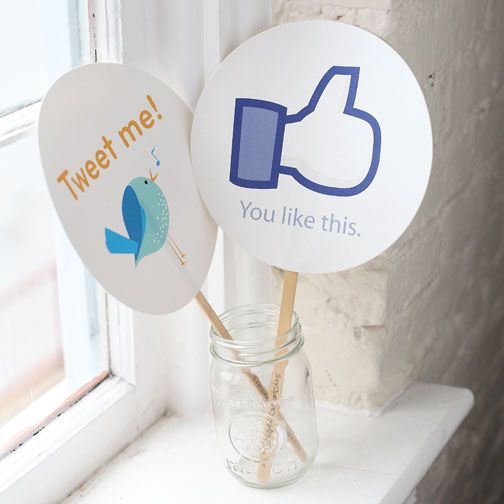



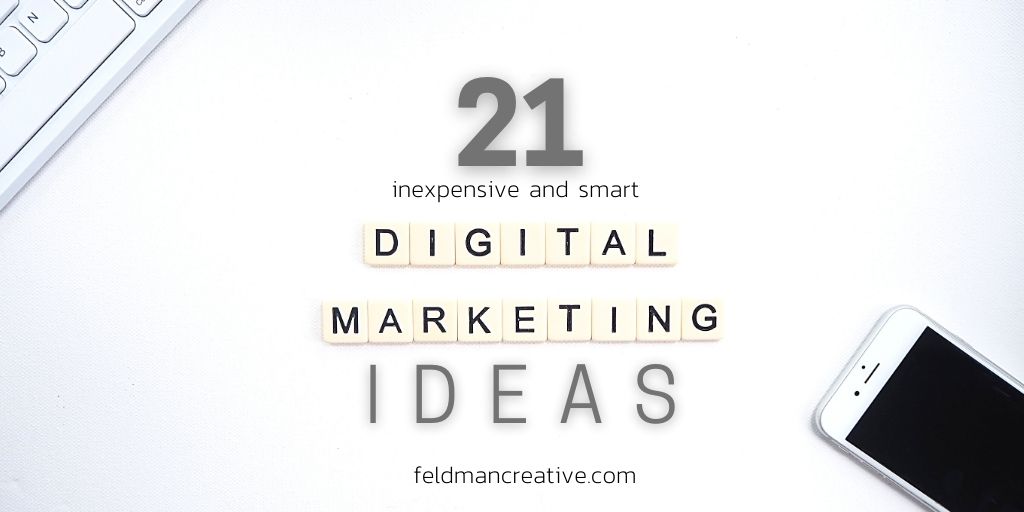
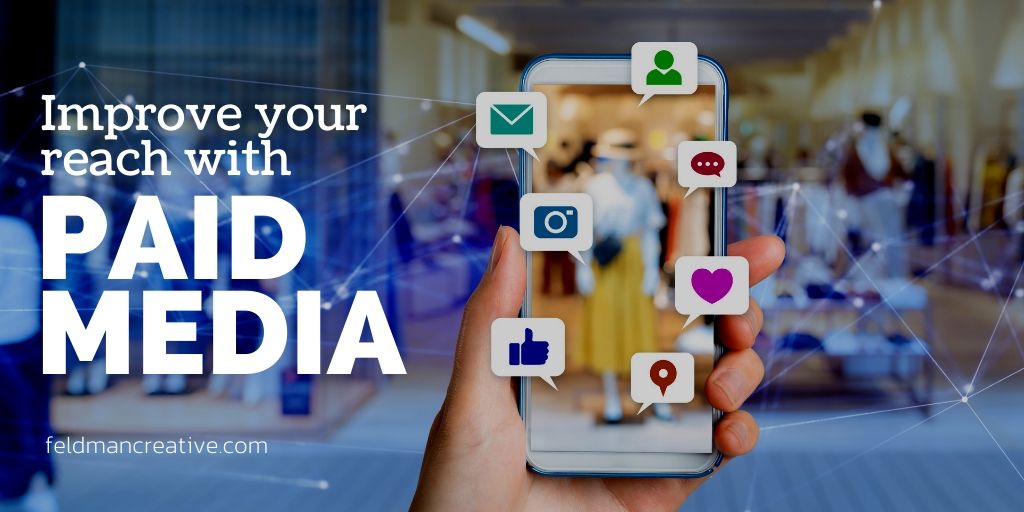
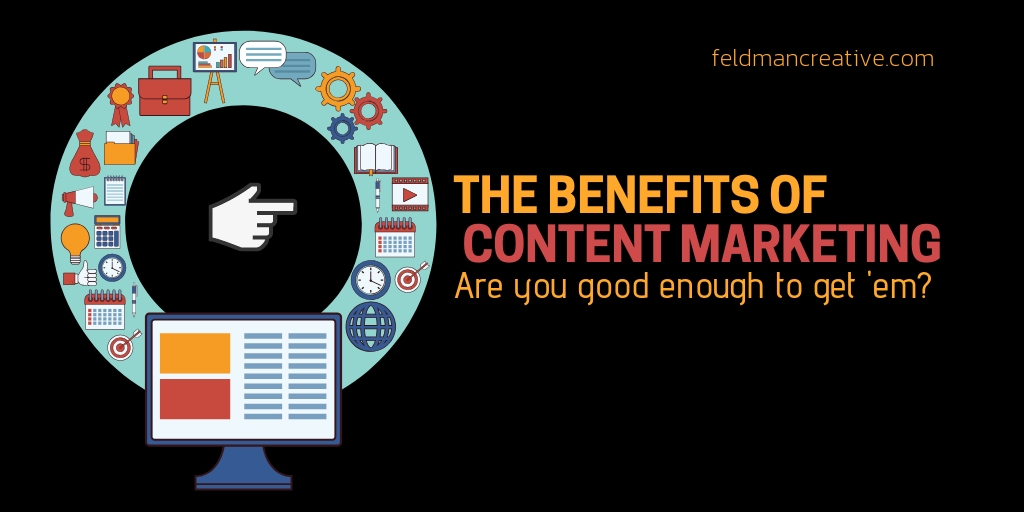
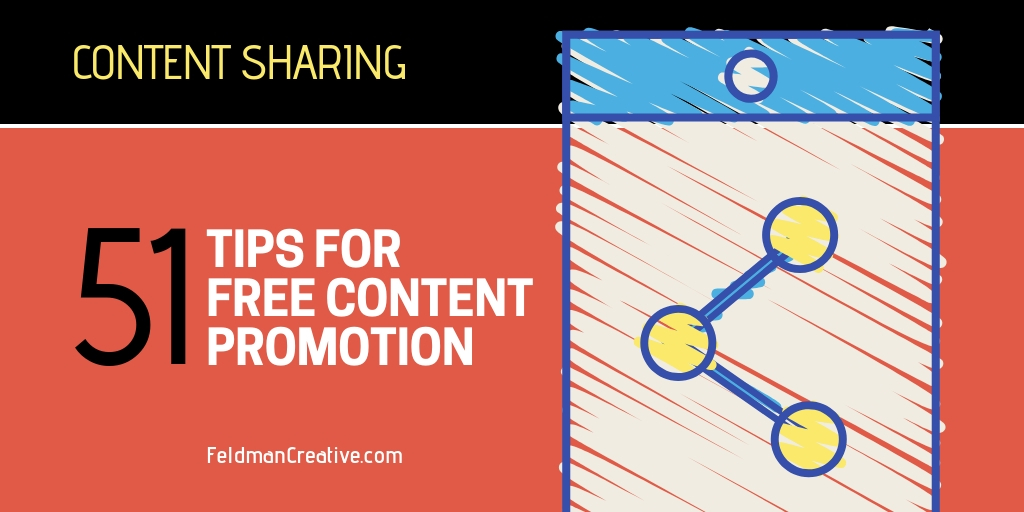
Comments
Doug Kessler
I hereby award you the Order of the Tweet: excellent post. Humans thrive on recognition. Pretending you’re immune to it is a greater vanity than admitting it.
Barry Feldman
I’ll take it Doug. Sweet conclusion there too.
David Petherick
Great blog: I think it’s important to remember that core message about recognition. Social tools and techniques evolve and change constantly, but this centrally important idea remains the same.
Barry Feldman
Amen. Thanks David.
Cecily Kellogg
As a personal blogger, I think we get kind of addicted to social recognition, in a way. But there is such a great sense of job well done, isn’t there?
Barry Feldman
Some of get addicted. Some slather kisses on prose they love. All good. Thanks for being a part of the passion play CK.
Charles Bayer
Mate, after reading that lady’s comment I couldn’t finish the rest of your post, cheers Charles.
Barry Feldman
Kiss phobia?
Thomas W Kuder
Part of being recognized is being noticed and understood. Both feel good when it happens to oneself. As a B2B marketer, I try to use the same technique when addressing my audience: write with their needs in mind. Thanks for the excellent reminder, Barry.
Barry Feldman
Thanks for the reader loyalty T. It’s my favorite kind of recognition.
L C
Barry, you are so right and of course thorough as well. But you stopped short of the danger zone – sounding like we’re kissing up. (There’s that kissing thing again…) How we are perceived by others is not entirely within our control, but pop-up praise is often suspect. Knowing HOW and WHEN to provide recognition is an art form, don’t you think?
Barry Feldman
Great points. Yes, I probably should have spoke to that some more. You definitely have to mean it. Telling someone you appreciate their work isn’t kissing up. But there definitely is too much kissing up going on via social.
Phil Maguire
That article on brutal truth was why I signed up to the newsletter: it was brutal but it was not mean or nasty; you were just telling it like it is so we don’t delude ourselves. And I haven’t been disappointed. Keep the honesty going – we all need honesty
Brian Loebig
Found this article after seeing your top posts of 2013 Barry. I couldn’t agree with you more about social media as method of recognizing others. I have several small biz clients that I am coaching and this concept is front and center. GaryV has nothing on you. 🙂